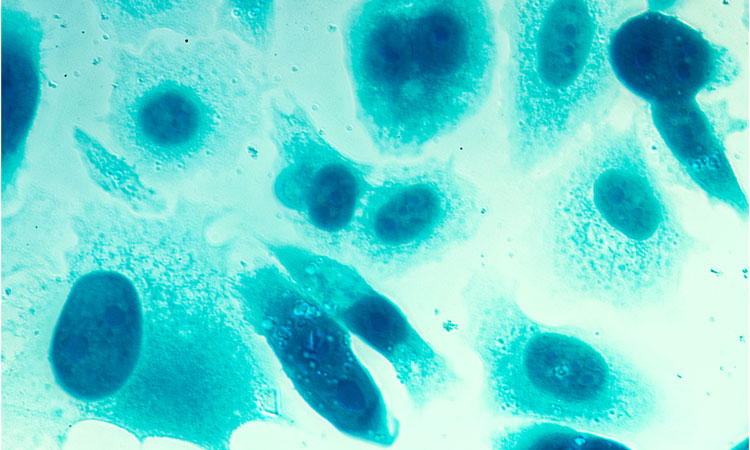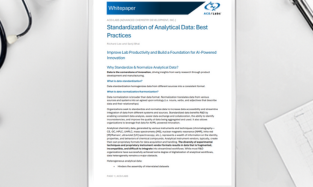Darolutamide NDA to treat non-metastatic castration-resistant prostate cancer
Posted: 27 February 2019 | Iqra Farooq (European Pharmaceutical Review) | No comments yet
A New Drug Application has been made to the US Food and Drug Administration for the drug darolutamide to treat non-metastatic prostate cancer…


A New Drug Application has been made to the US Food and Drug Administration (FDA) for the investigational drug darolutamide, based on data from a Phase III ARAMIS trial in men with non-metastatic castration-resistant prostate cancer (nmCRPC).
“We are grateful to the patients, their families and the clinical investigators who have made this important study possible,” said Dr Scott Z. Fields, senior vice president and head of Oncology Development at Bayer’s Pharmaceutical Division. “The NDA submission is a key milestone bringing us closer to providing darolutamide as a potential treatment option for men with nmCRPC.”
Bayer has also been granted Fast Track designation by the FDA for the investigational drug, and is currently holding discussions with other health authorities regarding a submission of darolutamide, which is currently being developed jointly by Bayer and Orion Corporation, a Finnish pharmaceutical firm, operating globally.
The drug is a non-steroidal androgen receptor antagonist with a chemical structure that binds to the receptor, thus exhibiting antagonistic activity and inhibiting receptor function and the growth of prostate cancer cells.
The Phase III randonised, multi-centre, double-blind, placebo-controlled clinical trial evaluated the efficacy and safety of the oral drug in patients with non-metastatic castration-resistant prostate cancer (nmCRPC).
The patients were currently being treated with androgen deprivation therapy (ADT) as standard of care and were at high risk for developing metastatic disease. During the trial, 1,509 patients were randonised in a 2:1 ratio, with patients receiving 600 mg of darolutamide twice a day or placebo along with ADT.
The primary endpoint of the trial is metastasis-free survival (MFS) defined as time between evidence of metastasis or death and randomisation. The secondary endpoint of the trial are overall survival, time to pain progression, time to first symptomatic skeletal event (SSE), time to initiation of first cytotoxic chemotherapy and the characterisation of the safety and tolerability of darolutamide.
The data from the Phase III trial was presented at the American Society of Clinical Oncology Genitourinary Cancers Symposium (ASCO GU) in San Francisco, and published in The New England Journal of Medicine.
Related topics
Clinical Development, Clinical Trials, Drug Development, Manufacturing, Regulation & Legislation, Research & Development (R&D)









